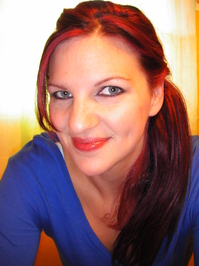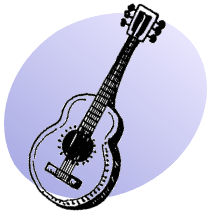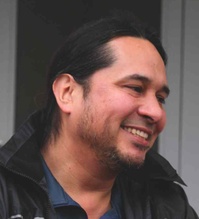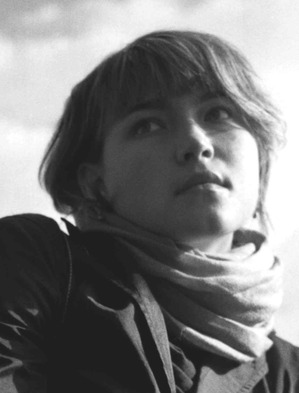 Sexism isn't rampant in computer science, says Kiki Davis (right), but it's there -- simmering beneath the surface, bubbling up with small, insensitive comments and unfair assumptions.
Sexism isn't rampant in computer science, says Kiki Davis (right), but it's there -- simmering beneath the surface, bubbling up with small, insensitive comments and unfair assumptions.
In class, says Davis, a first-year graduate student in Computer and Information Science (CIS), men are quick to assume the women need help or are likely incompetent. For many women, these little things add up.
"As a woman, you sometimes feel pressure to be the best, to prove you belong," she said.
Concerned that other women might struggle in such a male-oriented universe, Davis is injecting new life into the Women in Computer Science (WICS) group, which was originally founded in 1984 to provide support for fellow women in the department.
WICS's first event of this school year, a "Movies and Munchies" night, was held last November and since then there have been good turnouts of both men and women at monthly movie events. There are plans to start a forum that will allow women in the department to meet and support each other. To help inspire WICS members, Davis is also bringing in successful female professionals to speak to the group, she says.
As the UO CIS department celebrates its 40th anniversary, the issue of gender diversity is a growing concern, especially at a time when some information technology companies are emphasizing collaborative workplaces where the communication skills women often possess are highly valued. At UO, women account for only 12 of the CIS department's 57 graduate students and three of the 17 tenure track faculty members.
Davis believes the problem begins at an early age. Many young girls may know vaguely that there are women in chemistry, physics and computer science, but they never see them; they exist only as myths or legends or characters from a movie.
"So many girls grow up with this mental block in their mind, and they can't imagine what's possible for them," she said.
Thus, Davis says she'd like WICS members to teach girls in local schools how to write basic computer programs and give them a chance to see living, breathing female computer scientists.
"I want the girls to be able to write their own program," Davis said. "And I want them to see that we exist -- that this is a possibility for them." - Marc Dadigan


 When the volcano erupted, a UO professor discovered that local residents consoled themselves through song.
When the volcano erupted, a UO professor discovered that local residents consoled themselves through song.
 Join UO neuroscientists as they bring the host of the PBS series, The Human Spark into their brain research lab.
Join UO neuroscientists as they bring the host of the PBS series, The Human Spark into their brain research lab.  Temple Grandin, perhaps the world's best known person with autism, drew an overflow crowd to her UO talk.
Temple Grandin, perhaps the world's best known person with autism, drew an overflow crowd to her UO talk.

 Watch a slideshow about Elena Rodina's journalistic globetrotting, from the Arctic Circle to Cuba.
Watch a slideshow about Elena Rodina's journalistic globetrotting, from the Arctic Circle to Cuba.